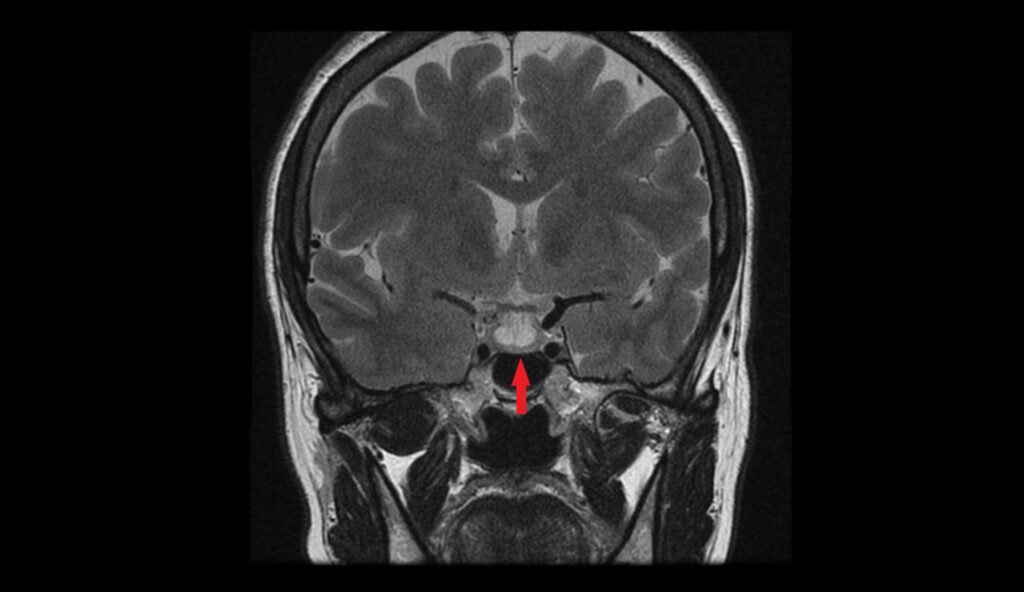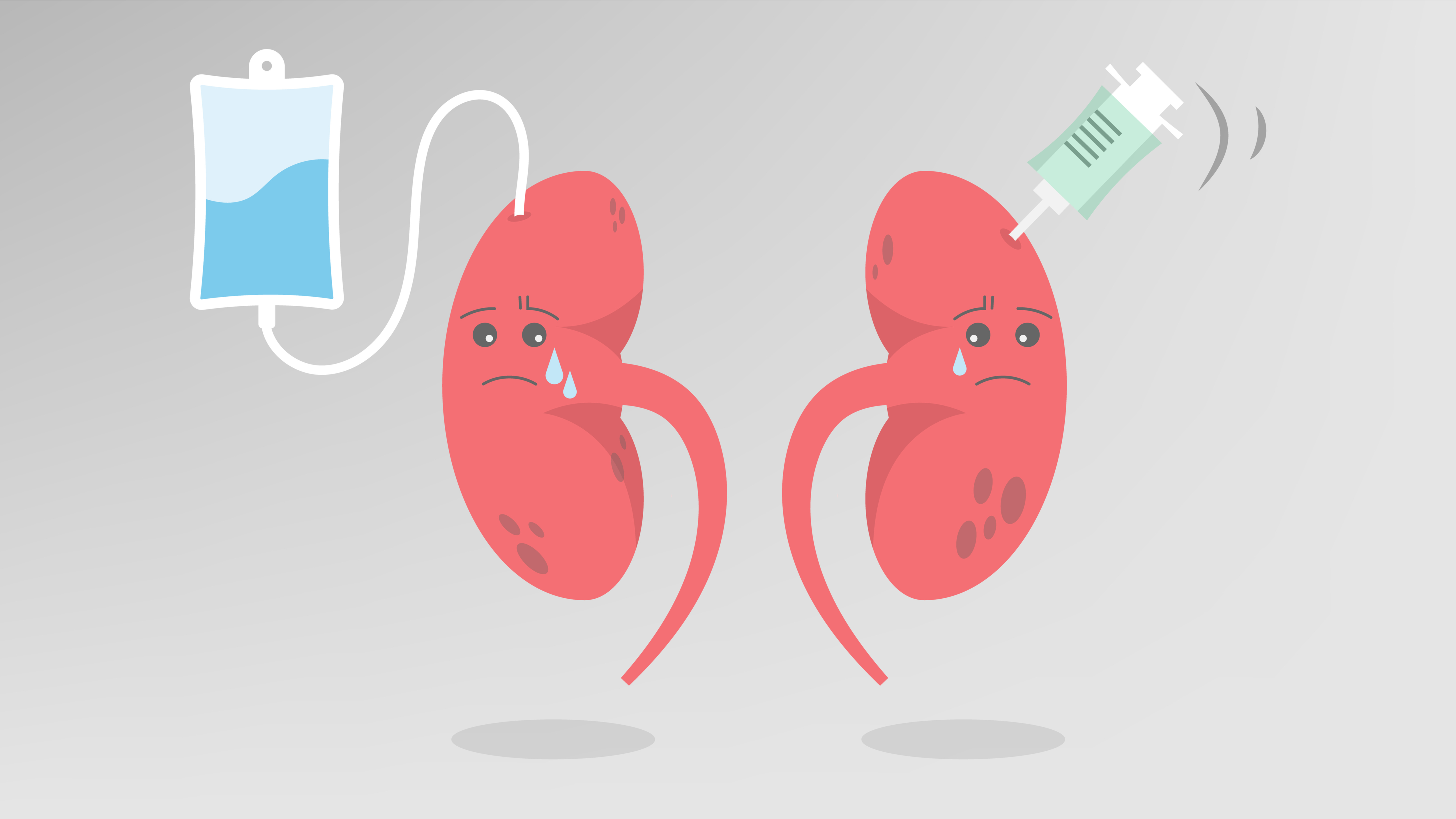
Probing Prolactin: When High Levels Raise Red Flags
We are excited to see so many of you join our FMEP courses. Several of...
0
Just a reminder… pay attention to the questions. Here are our general tips one more time:
1. Pay attention to the questions. Look carefully at how many items you are being asked to list. If the question asks for five items, you will not get more marks if you list eight items; the examiner will look at the first five and allocate marks only for the first five answers – so be careful. On a SAMP, if it is not clearly stated how many items you should list, look at the amount of points/marks being allocated for the question to get an idea of how many answers the examiner may be anticipating you write down.
2. Do not write lengthy answers. Most questions can be answered in 10 words or less!
3. Be specific when writing down investigations (hemoglobin instead of CBC; CT abdomen instead of CT).
4. Remember that trade names and generic names are both acceptable when writing down medications.
5. For more helpful tips, you can refer to CCFP’s SAMP instructions by clicking here.
SAMP
Mrs. Reene Al is a 58 year old female with a past medical history of essential hypertension and type 2 diabetes mellitus. She presents to your office to review the results of bloodwork that was recently performed. Her eGFR was 54 mL/min per 1.73 m² four months ago, and it is now 45 mL/min per 1.73 m². Her current medications are Candesartan 4mg PO once a day and Metformin 500 mg PO twice daily. She works as a cashier at a local grocery store. She has no known drug allergies. She smokes 1 pack of cigarettes a day and has been doing this for 10 years. Her BMI is 22. (17 points)
1. Name six risk factors for chronic kidney disease. (6 points)
2. What five laboratory investigations would you consider ordering for her in light of her renal dysfunction? (5 points)
3. Name three lifestyle measures Mrs. Al can take to reduce her risk of chronic kidney disease progression. (3 points)
4. List two reasons why you would consider referring to a nephrologist. (2 points)
5. What should her blood pressure target be? (1 point)
Helpful CMAJ Resources:
https://www.cmaj.ca/content/suppl/2008/11/17/179.11.1154.DC1/guide-hemm-1-at.pdf
https://www.cmaj.ca/content/190/13/E389
https://www.cmaj.ca/content/179/11/1154#F4
Written by: Dr. Manish Ranpara
Reviewed by: Family Medicine Exam Prep Course Team